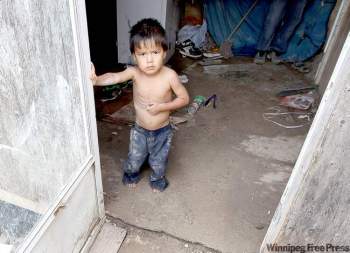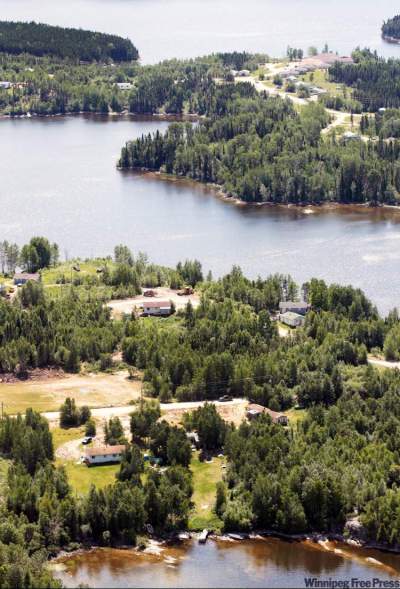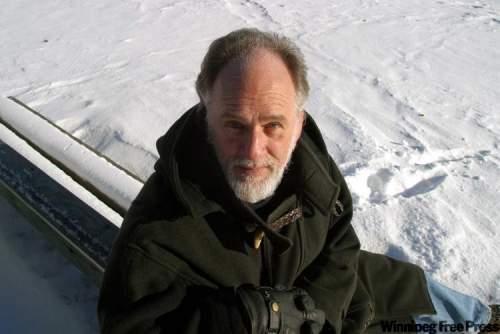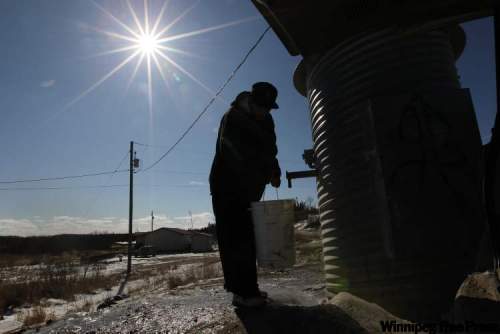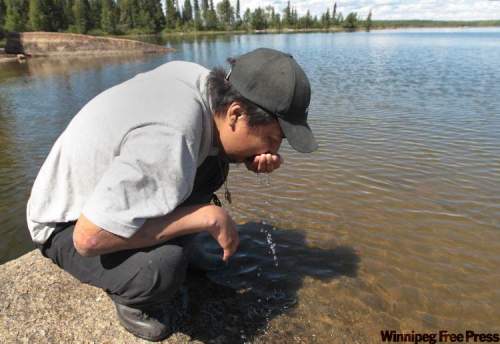How Did This Happen?
Misery and indifference
7 minute read Saturday, Oct. 22, 2011WASAGAMACK -- Richard Andrews is a man of few words and a fan of understatement.
Standing in the gloom of his sagging trailer, he surveys the muddy floor, the goopy flypaper dangling from the kitchen ceiling, the piles of dirty clothes and the dishes stacked in a sink with no faucet. Graffiti and children's scribbles cover what remains of the walls, around holes that allow pink insulation to peek out. It's freezing in the winter, mouldy when the furnace kicks in and worse than even the slummiest apartment in Winnipeg.
"This place should be condemned already," Andrews says with a shrug.
Andrews lives, often with five other adults and his seven or eight grandchildren in what is likely the most squalid home on the reserve with the most pressing sanitation problems in the province. There is no running water to wash clothes, bathe the gaggle of muddy toddlers, do dishes or keep the floors clean. The family shares a slop pail, lined with a garbage bag, in what passes for a bathroom.
Advertisement
Weather
Winnipeg MB
-22°C, Cloudy with wind
When will almost all Island Lake homes have running water?
5 minute read Saturday, Nov. 6, 2010Oscar McDougall, associate director of capital projects for St. Theresa Point First Nation, said he's "semi-optimistic" that either piped water or storage cisterns will be in most homes within his community in five years.
"It's a matter of us working hard to get it."
The woman who doles out the money is not so sure almost every home in the region will get running water.
"I don't know if I can imagine it in my lifetime, depending on the need of the housing... . You're always having population growth, so it's very difficult to predict whether or not funds will be available or whether or not the population growth is such that you'll ever meet the housing needs -- or whether the communities themselves can continue to be sustainable at that rate," said Anna Fontaine, Manitoba regional director general for Indian and Northern Affairs Canada (INAC). "That's why we have to look at really solid planning with them."
Three centuries of hard times, and counting
6 minute read Preview Saturday, Nov. 6, 2010Tongue-tied
6 minute read Preview Saturday, Nov. 6, 2010Right to clean water
4 minute read Preview Saturday, Nov. 6, 2010The worst of the bargain
10 minute read Preview Saturday, Nov. 6, 2010LOAD MORE


